Transport Secretary Heidi Alexander hails ‘cultural reset’ as South Western Railway returns to public ownership – despite first service involving a rail replacement bus.
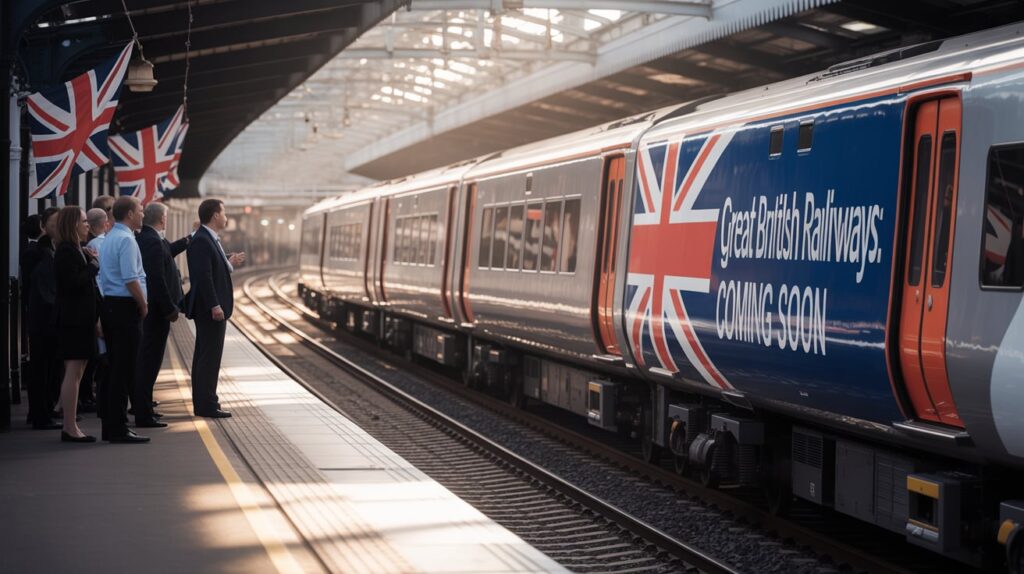
Ministers Hail ‘New Dawn’ as Labour’s First Renationalised Train Services Begin
The Labour government marked a significant milestone in its transport policy on Sunday, launching the first renationalised train services under public ownership.
The inaugural departure—the 06:14 from London Waterloo to Shepperton—ran under the newly rebranded South Western Railway (SWR). The train featured union jack branding and the slogan “Great British Railways: coming soon,” signalling the transition to a state-run operator.
However, the rollout was not without hiccups. The first scheduled SWR service of the day, the 05:36 from Woking to Waterloo, was disrupted due to bank holiday engineering works. Passengers were transferred to a rail replacement bus after the train terminated early at Surbiton.
Transport Secretary Heidi Alexander, who was aboard the 06:14 service from Waterloo, described the move as a “cultural reset” for Britain’s railways. She added that legislation expected later this year would further reform the sector, consolidating infrastructure and operations under the planned Great British Railways body—replacing the current structure involving Network Rail and multiple private train companies.
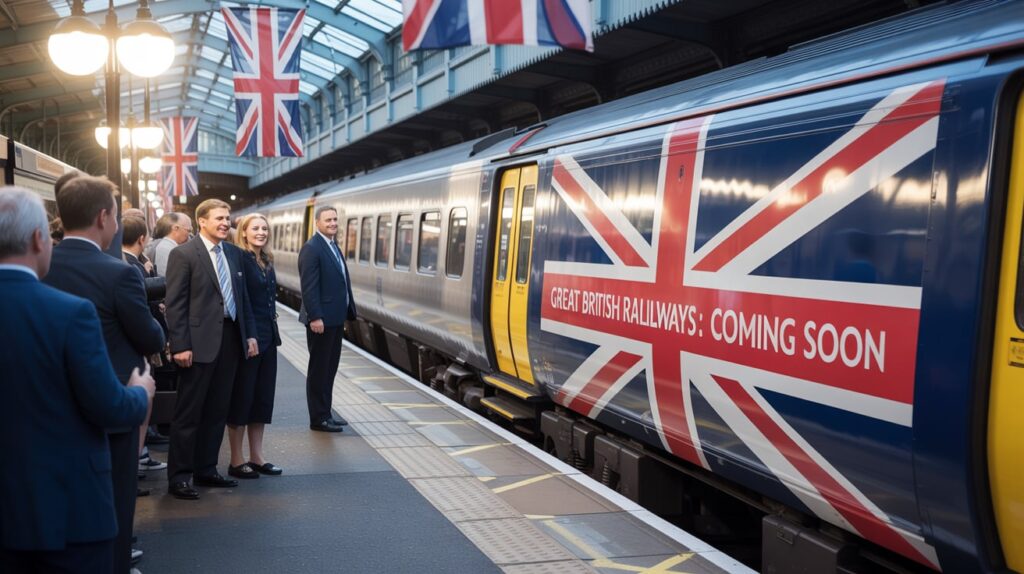
South Western Railway (SWR) marks the first planned nationalisation under the Passenger Railway Services (Public Ownership) Act 2024, introduced shortly after the general election.
Ahead of the inaugural departure of the newly branded service, Transport Secretary Heidi Alexander declared:
“Today marks a new dawn for our railways. We are turning the page on 30 years of inefficiency, delays, and a system that too often let passengers down. This is the beginning of a new chapter—the era of Great British Railways. That’s why I felt it was important to be at Waterloo this morning, joined by fellow passengers and railway enthusiasts, for what truly is a watershed moment.”
Alexander acknowledged that the transition would take time, saying:
“Of course, change won’t come overnight. We’ve never claimed that public ownership is a magic solution—but today we fire the starting gun in our race to deliver a modern, 21st-century railway. That means shifting the focus from private profit to public service.”
Steve Montgomery, managing director of First Rail, said the company had continued to invest in service improvements right up to the handover. “Even in the final weeks, we were introducing innovations like a new high-speed Wi-Fi service,” he said. “We’re working closely with the Department for Transport to ensure a smooth transition.”
The Conservative Party defended the private model, arguing it had kept costs down for passengers and taxpayers. Shadow Transport Secretary Gareth Bacon said: “Labour has long promised that renationalisation would bring cheaper fares, end disruption and strikes, and improve onboard services. They must now deliver on those promises.”
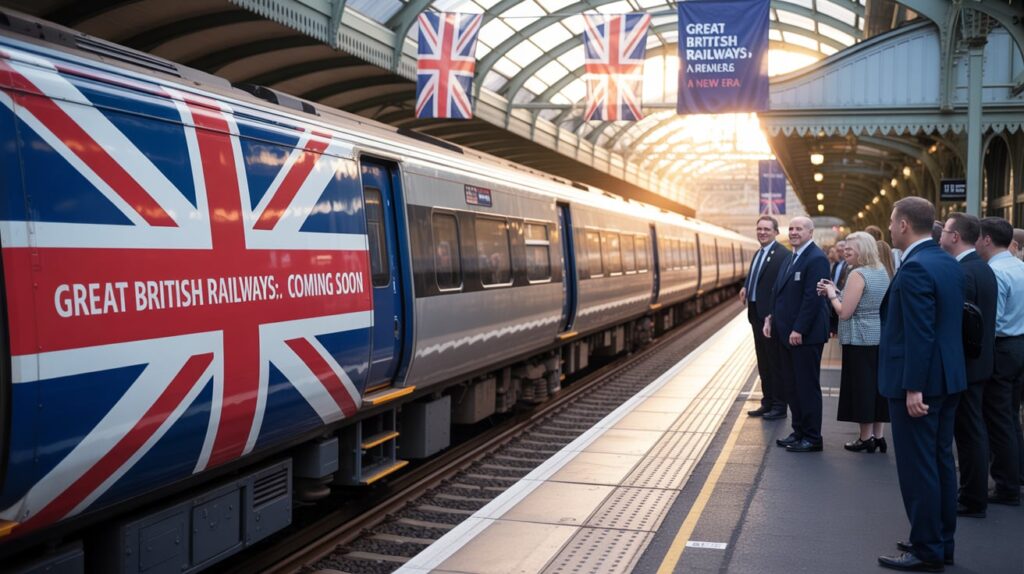
Unions welcomed the move but called for further action. Mick Whelan, general secretary of train drivers’ union Aslef, said public sentiment was firmly in favour of nationalisation. “Everyone in the rail industry knows privatisation didn’t work—it never did,” he said, referencing Margaret Thatcher’s own reported hesitation over rail privatisation.
RMT general secretary Eddie Dempsey also hailed the return to public ownership as “a major step forward” but warned that the process remained incomplete. “Many rail workers—cleaners, security staff, gateline workers—are still outsourced and excluded from the benefits of nationalisation,” he said. “If ministers are serious about creating a fair and efficient railway, they must bring all staff back in-house without delay.”
Conclusion
The return of South Western Railway to public ownership marks a significant shift in Britain’s rail policy, signalling Labour’s commitment to reversing decades of privatisation. While supporters celebrate a new era focused on public service over private profit, early challenges and divided political opinion underscore the complexities ahead. As the government sets its sights on broader reforms through Great British Railways, the true test will be whether renationalisation can deliver on promises of affordability, reliability, and fairness—for passengers and workers alike
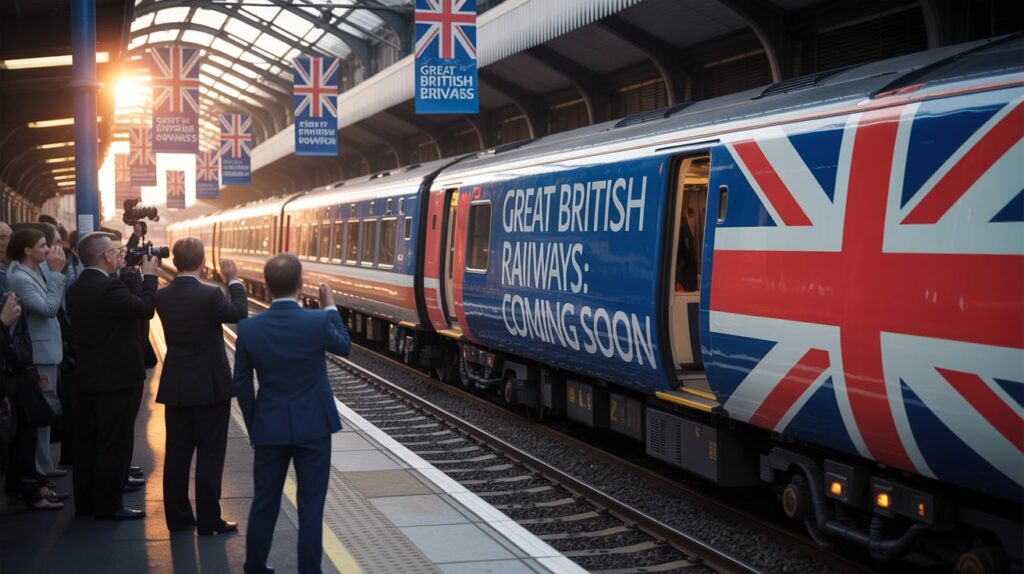

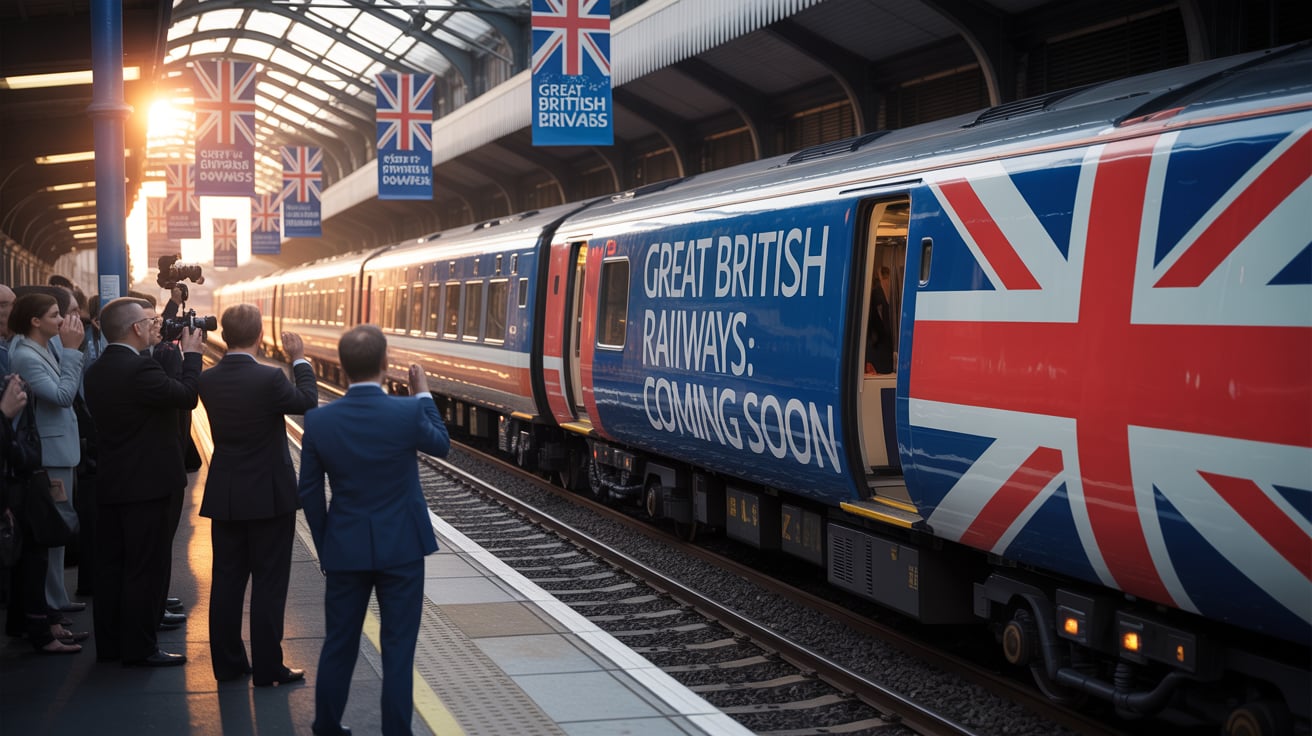
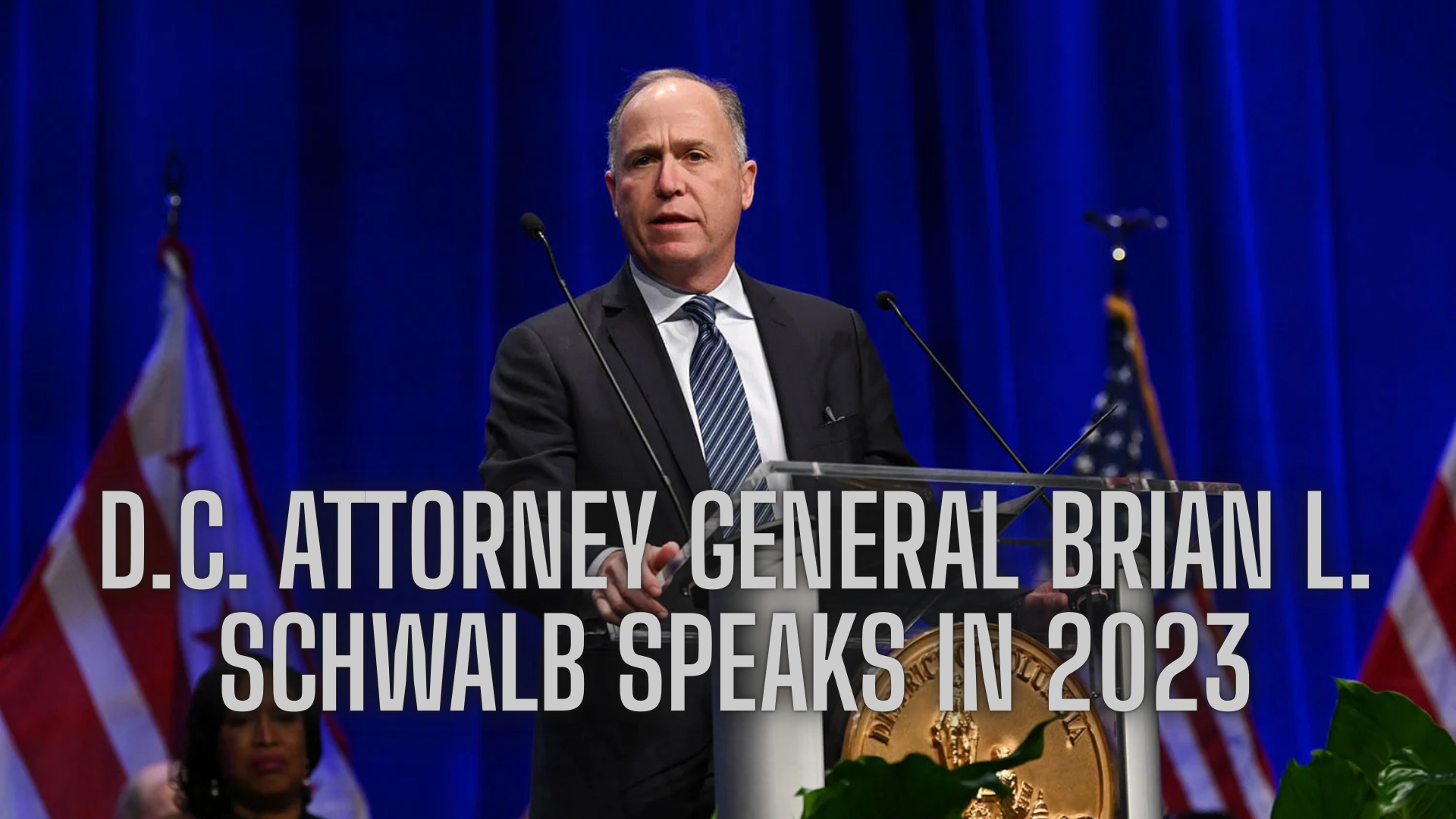

22 thoughts on “New Era : Labour Launches First Renationalised Train Service”